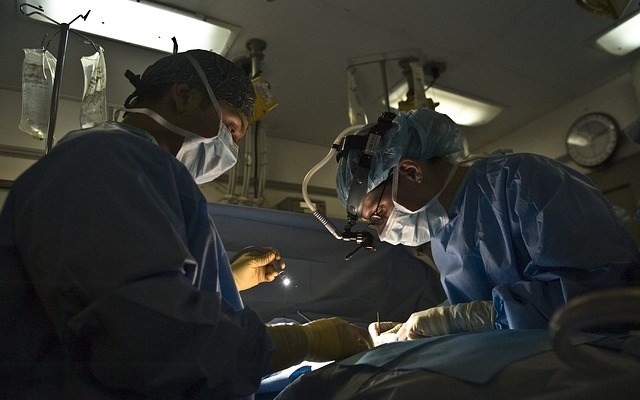UCLA Research Treats Deadly Cancer with Subjects’ Own White Blood Cells
The average life expectancy for patients diagnosed with glioblastoma, the deadliest form of brain cancer, is between 15 to 17 months under standard forms of treatment. Under the latest study led by Dr. Linda Lau, Professor of Neurosurgery in the David Geffen School of Medicine at UCLA, increased average life expectancy to 22.1 months.
What’s more important is that of the 331 participants in the study (conducted between July 2007 and November 2015), approximately a third were alive to date.
What makes this treatment unique is that it uses the tumor itself as the primary source of cancer-fighting white blood cells in a vaccine called DCVax-L. The vaccine uses tissue proteins from the brain tumor itself, which are surgically removed before treatment begins. These are coupled with dendritic immune cells (white blood cells) from the patient’s own blood, which are activated in the laboratory to fight cancer and then injected back into the patient.
Ultimately, vaccines are personalised to the patient and have been described as a way to reprogram or retrain the immune system to fight cancers that were previously unable to strike on their own.
Given the encouraging results of the DCVax-L vaccine, Dr. Lau and his team are working to combine the use of the vaccine with other treatments in hopes of extending glioblastoma’s life expectancy going forward. Considering the progress made so far, there’s good reason to be optimistic and hopeful.












